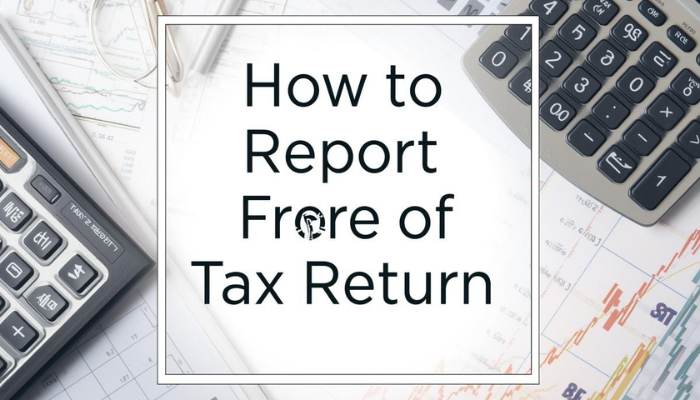
How to File Agriculture Income Tax Return?
Learning how to file agriculture income tax returns can be difficult in today’s complicated tax environment. Agriculture revenue is a unique category governed by various laws and regulations. Therefore, reviewing the subtleties of submitting farm income tax forms is essential. Our tax accountant, The Woodlands, presents this detailed road map to help you negotiate the intricate matters of taxation and financial dealings.
Understanding Agricultural Income
Before finding out how to file agriculture income tax returns, revealing what constitutes agricultural revenue is essential.
Agriculture income often comprises money from selling crops, animals, dairy products, and other agricultural produce. It also includes revenue from agricultural land, whether cash or kind.
Selecting the Right Form
Choosing the proper form for submitting your farm income tax return is critical. Form 1 is often used by those who exclusively earn money from agriculture and have no other sources. If you have extra non-agricultural income, consider filing Form ITR-2. Always double-check the most recent forms issued by the tax authorities to verify compliance.
Calculating Agriculture Income
Calculating agricultural income entails adding together the proceeds from various farming operations. This includes income from selling crops, animals, poultry, fish, and other agricultural products. To calculate net agricultural revenue, deduct cultivation-related expenses such as seeds, fertilizers, and irrigation costs.
Exemptions and Deductions
While agricultural revenue is usually free from income tax, several exemptions and deductions can help you reduce your tax liability. The Income Tax Act includes provisions for deductions for agricultural development, farm upkeep, and other defined costs. To maximize your tax benefits, become familiar with these provisions. Find a tax accountant the Woodlands for a comprehensive guide and legal requirements.
How to File Agriculture Income Tax Return?
Begin the filing procedure by entering into the official income tax portal. Provide correct information about your agricultural revenue, ensuring that it is consistent with the records kept throughout the fiscal year. Attach supporting papers and follow the filing rules supplied by the tax authorities.
Seeking Professional Assistance
Given the complexities of agricultural taxation, getting our expert guidance from Dallas tax services would be a sensible decision.
Our tax advisors and chartered accountants have specialized in agricultural income tax issues. We help you navigate the procedure, guaranteeing compliance with the most recent legislation and optimizing your tax benefits.
Timely Submission
Timeliness is essential in the world of tax filing. To prevent penalties and legal issues, file your agricultural income tax return by the deadline. Familiarize yourself with the deadlines and establish reminders to keep on task.
The Bottom Line
Comprehending how to file agriculture income tax return may appear onerous. However, with a thorough awareness of the subtleties and a methodical approach, it becomes a simple chore. You can confidently navigate the world of agricultural taxation by maintaining detailed records, taking advantage of exemptions, and staying current on the newest tax legislation. Remember that compliance is more than a legal requirement; it is a strategic step towards financial prudence and good citizenship.
Read More About Dallas tax services


